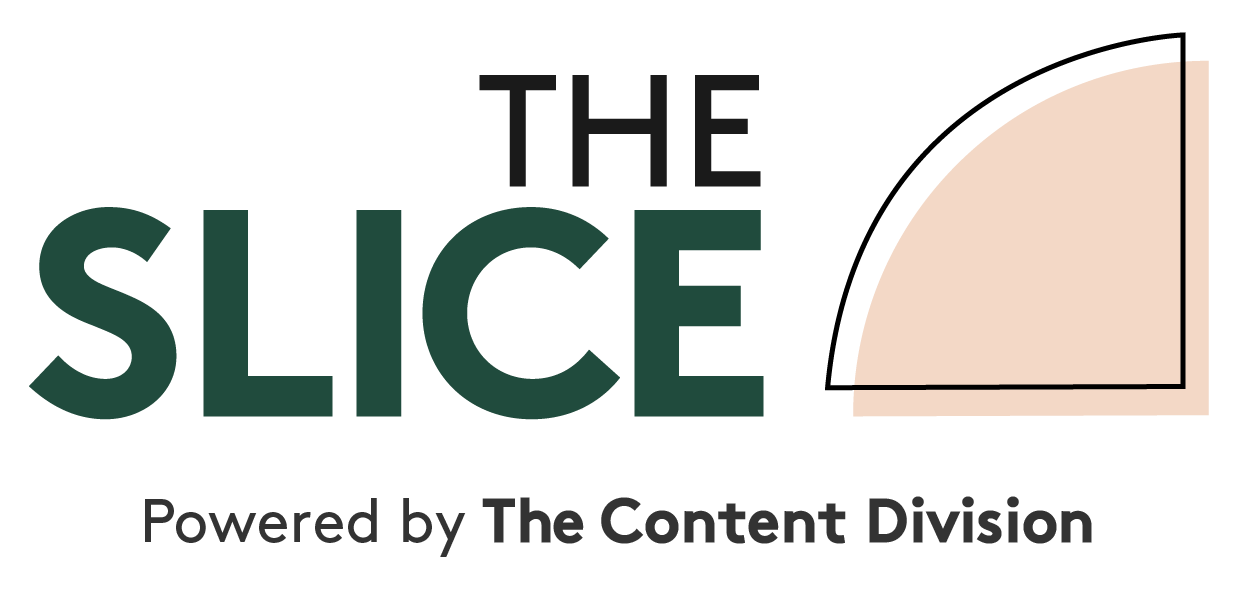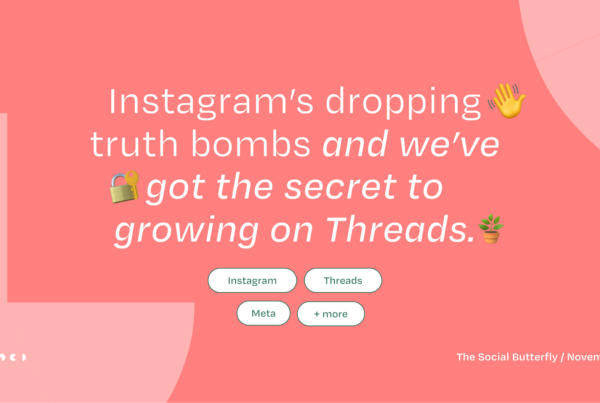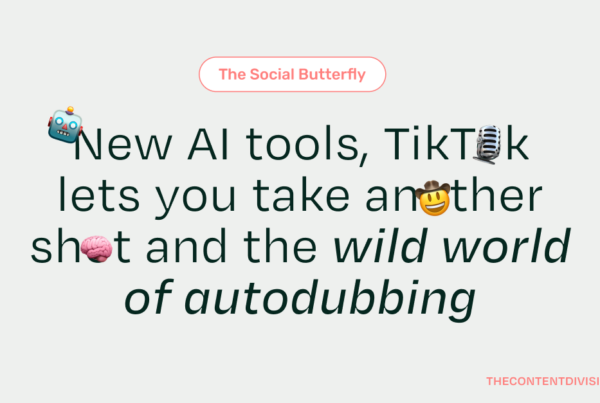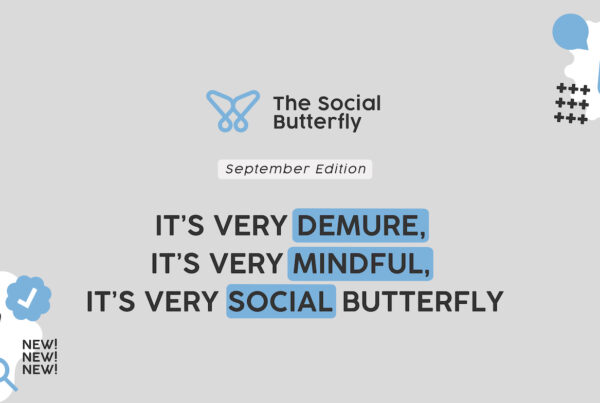
I never knew so many brands had my back.
The Rona has seen inboxes flooded with shit from brands. Pure shit. I feel like the same psychology behind Australians panic buying bog roll can be applied to every brand and their dog sending emails saying that they hope you stay safe and what they are doing to be profitable during an unprecedented global pandemic (well, unprecedented for the past few generations anyway; our late grandparents and potentially the dinosaurs already dealt with this shit).
Please, stop changing your logo to promote social distancing. It only seems clever. But it’s not.
People are dying. The world is on a war footing. No one cares.
No one.
Communication in a crisis is a good thing for a lot of brands. My local Maccas wishing me well is not an example of that. They don’t wish me well. I lovingly allow them to pump beef fat through my arteries slathered between two sugar loaves pretending to be bread. And they don’t wish their workers well – they are literally arguing with the government in the US about giving their workers paid sick leave during this crisis.
There will be brands that need to talk to their customers during this time because of serious health and wellbeing reasons. And they should. Most of the relevant examples I’ve seen have been in-depth, genuine communications that spell out exactly how they are helping people for whom they have duty of care.
But the slew of brands doing a bad job have their eyes on the wrong prize.
The question is not how to leverage comms in the coronavirus crisis (which is absolutely what’s happening), but whether they should say anything at all and, if so, can the brand live up to the statements?
Comms isn’t your only marketing lever to pull
Industries and categories are being devastated. The ones that are surviving (and even flourishing) are using far better levers than just comms to shift product or services, or even more crucially to ensure brand affinity rolls on.
In my opinion the smart marketers (budget or not) will be focused on the marketing marathon ahead of them. And that means accepting the fact that for bigger companies your brand-building activities may need to take the front seat, while for SMEs product innovation, pricing and focused amplification will need your undivided attention. Sidenote: the SMEs that focused on brand and community building before this went down will be the ones most likely to survive.
Now is the time for strong brands; for reviewing your product or service offering; for looking at how you serve up those products and services in a way that is ridiculously consumable for your customers; and how clever price mechanisms can (potentially) pave the way to revenue.
All of them take time to nail, but will make your brand stronger and your customers happier.
The really smart ones will be working on utility-style content that makes customer experiences easier.
E-commerce stores should be ensuring their product-page utility content answers every single question customers have before they ask it. Be like TileCloud.
Queensland beer brewer XXXX used its considerable brand power to tell people to do the opposite of what they’d normally be shouting about. It’s comms, but the brand can live up to the promise, which is vital. And it is brand building. Because we’ll all need beer when this is said and done.
British eatery chain Pret a Manger closed its public eating areas before they were made to by the government, and is supplying Britain’s NHS workers with free coffee and heavily discounted food. (Place and Price)
A toilet paper manufacturer in the UK tweaked its pricing to make its product three quid for one pack, or two for £3000. An awesome price mechanism to stop panic buying and one that gained them exposure elsewhere.
A Finnish bakery started making toilet paper cakes, and saved its business.
Online wine merchant Unico Zelo has done a cracking job at leveraging its already strong brand alongside some clever product and price tweaks to bring us the ultimate iso vino pack. Short term sales? Think again. This is a decisive product and price strategy bringing the brand to the fore – all with a ridiculously good consumer experience. So good that the product will – in my opinion – survive in a post-lockdown world, albeit by another name.
My favourite @BCorpANZ winery Unico Zelo is making it easy to support them RN. They have an epic value ISO-6 Pack for just $100 full of top qual vinos. 🍷🍷🍷🍷
I recommend the red pack, because, obviously. https://t.co/Mf9A7UAtLv
— brittanie 💅 (@Brittanieanne_) April 4, 2020
Even Ikea did an amazing job.
“It’s really not complicated – just stay home.” IKEA Israel. pic.twitter.com/XSMfTmgQUT
— Nathalie Rothschild (@n_rothschild) March 25, 2020
These are the things brands can succeed at right now. And putting the time into it will pay off for years to come, even when (if) this ridiculous shit of a virus is past us.





